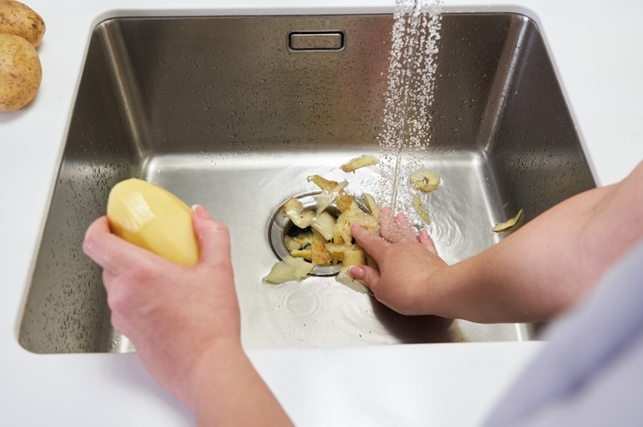Garbage disposals are a convenient appliance in any kitchen, helping to dispose of food waste quickly and efficiently. However, improper use and maintenance of garbage disposals can lead to clogs, malfunctions, and injuries. To ensure the safe and effective operation of your garbage disposal, it’s essential to follow best practices for usage and maintenance. For complex repairs, do not hesitate to call a garbage disposal service in Northfield.
This guide discusses essential safety tips and best practices for using and maintaining garbage disposal, helping you avoid common pitfalls and keep your kitchen running smoothly.
Know What Can and Cannot go Down the Disposal
Understanding what can and cannot be safely disposed of in your garbage disposal is crucial for preventing clogs and damage to the unit. While most food scraps can go down the disposal, avoid disposing of hard items such as bones, fruit pits, coffee grounds, and fibrous materials like celery and corn husks. Additionally, avoid pouring grease, oil, or fat down the disposal, as they can solidify and cause clogs.
Use Cold Water When Running the Disposal
Always use cold water rather than hot water when operating your garbage disposal. Cold water helps solidify any grease or oil in food scraps, making it easier for the disposal to break them down and flush them away. Additionally, running cold water while the disposal is in use helps keep the unit’s motor cool and prevents overheating.
Avoid Overloading the Disposal
While garbage disposals are designed to handle small amounts of food waste, overloading the unit can lead to clogs and strain on the motor. To prevent problems, feed food scraps into the disposal gradually rather than all at once. If you have much food waste to dispose of, consider composting or using a separate disposal method.
Keep Non-food Items Out of the Disposal
To prevent damage to your garbage disposal, never dispose of non-food items such as utensils, dishcloths, or rubber bands down the unit. Even small items can cause significant damage to the disposal’s blades or motor, leading to costly repairs. Clear the area around the disposal of clutter and debris to avoid accidentally dropping non-food items into the unit.
Run the Disposal Regularly
Running the garbage disposal regularly helps prevent odors and keeps the unit in good working condition. If the disposal sits unused for an extended period, food particles can accumulate and produce foul odors. To keep the disposal clean and fresh, run it regularly and flush it with cold water for several seconds after use.
Practice Proper Maintenance
Regular maintenance is essential for extending the lifespan of your garbage disposal and preventing issues. To maintain your disposal, periodically clean it by grinding ice cubes and citrus peels to help remove buildup and odors. You can also use a disposal cleaner or a mixture of baking soda and vinegar to freshen the unit and break down any residue.
Following these safety tips and best practices for using and maintaining your garbage disposal can prevent clogs, malfunctions, and injuries, keeping your kitchen running smoothly and efficiently. With regular care and attention, your garbage disposal can continue to serve you well for years to come. Do not hesitate to call your local plumber if you need help maintaining your unit.

